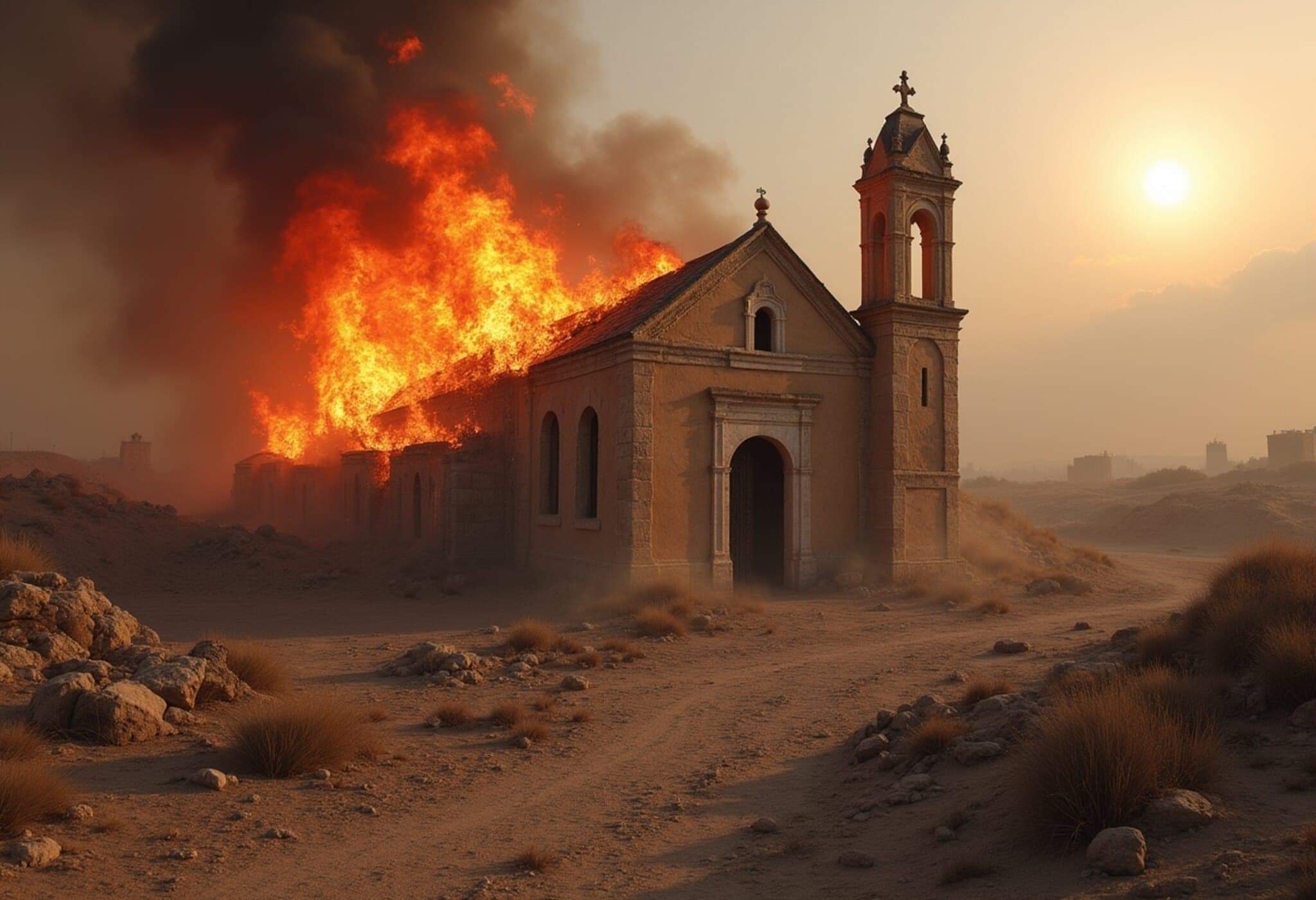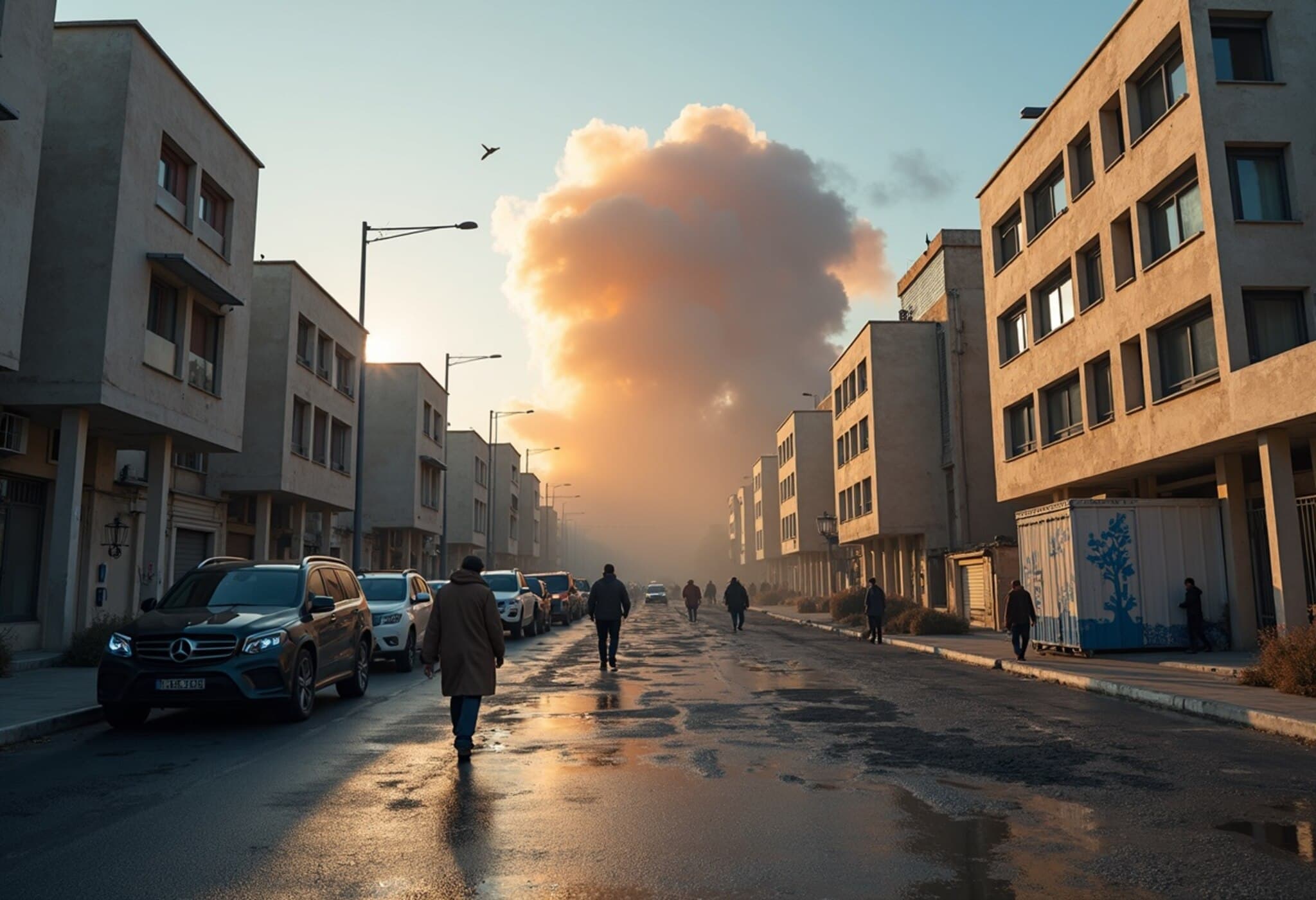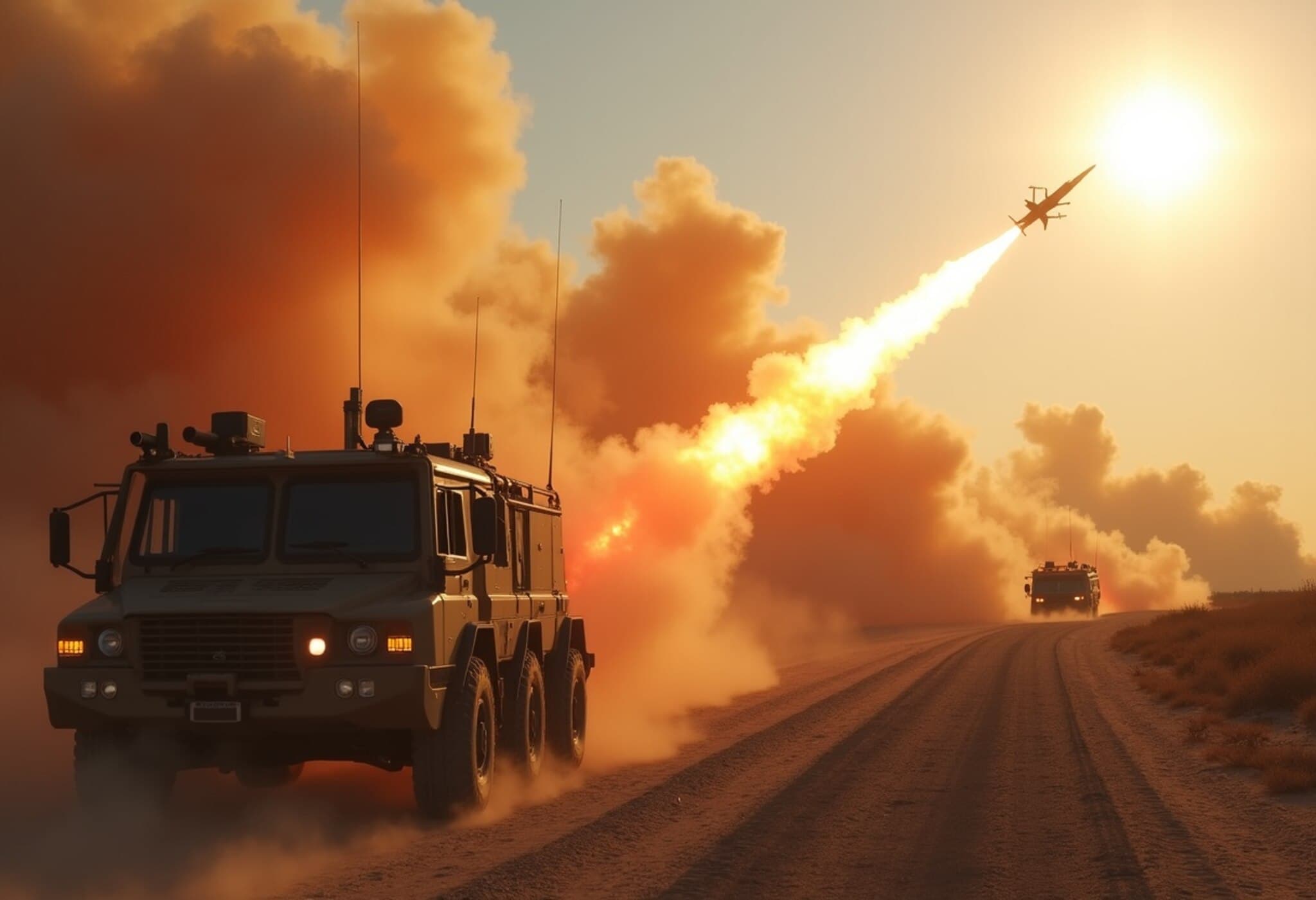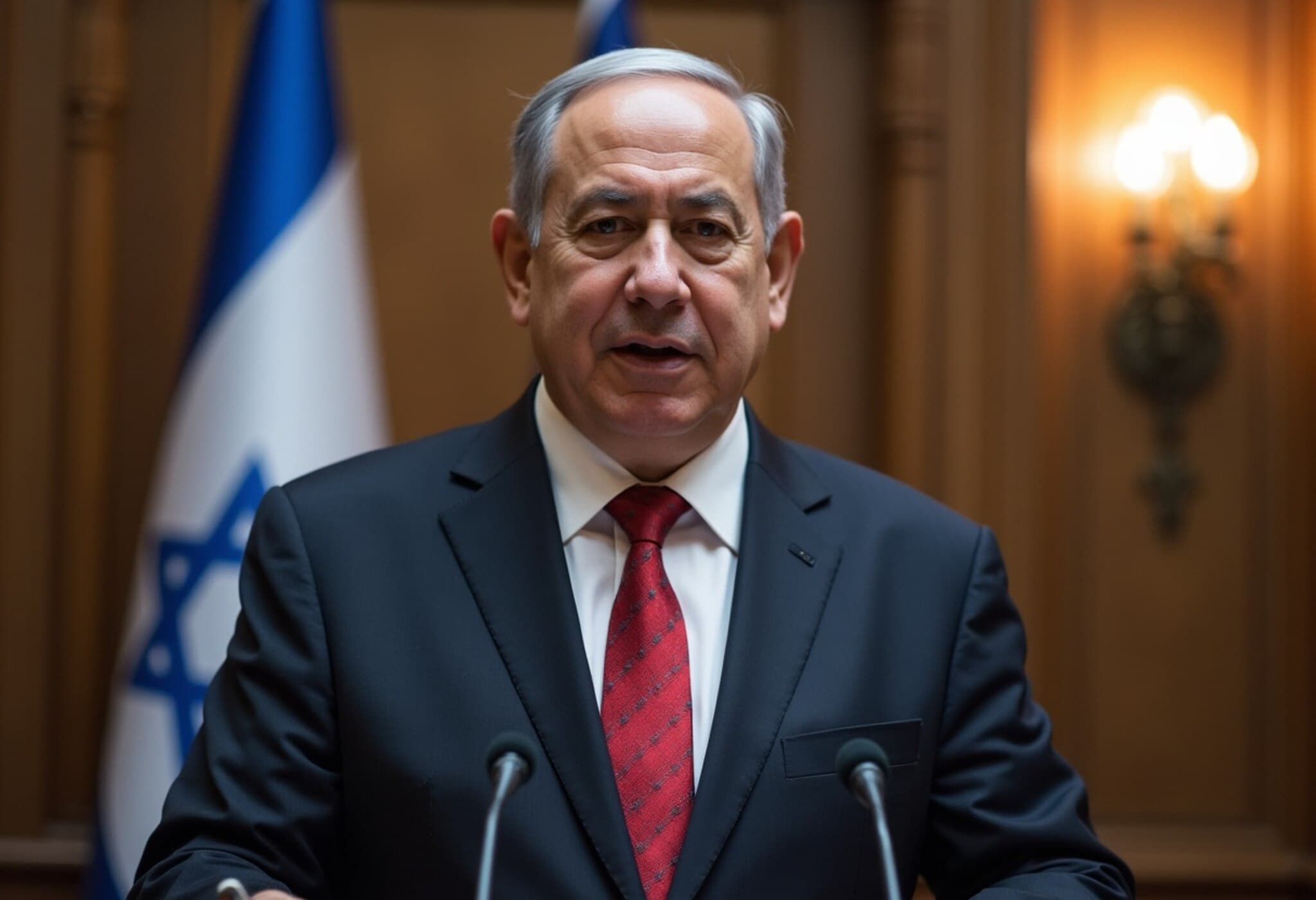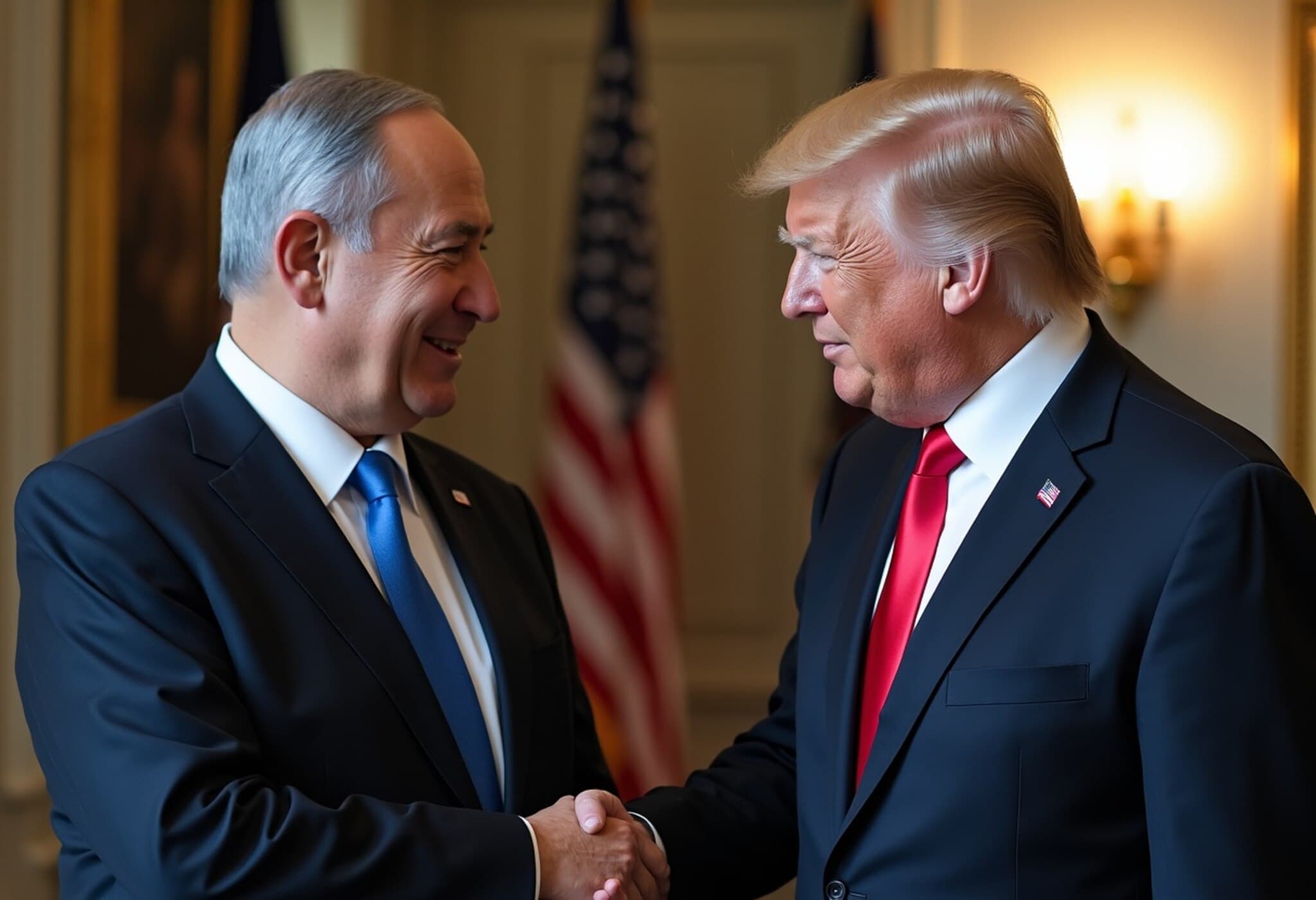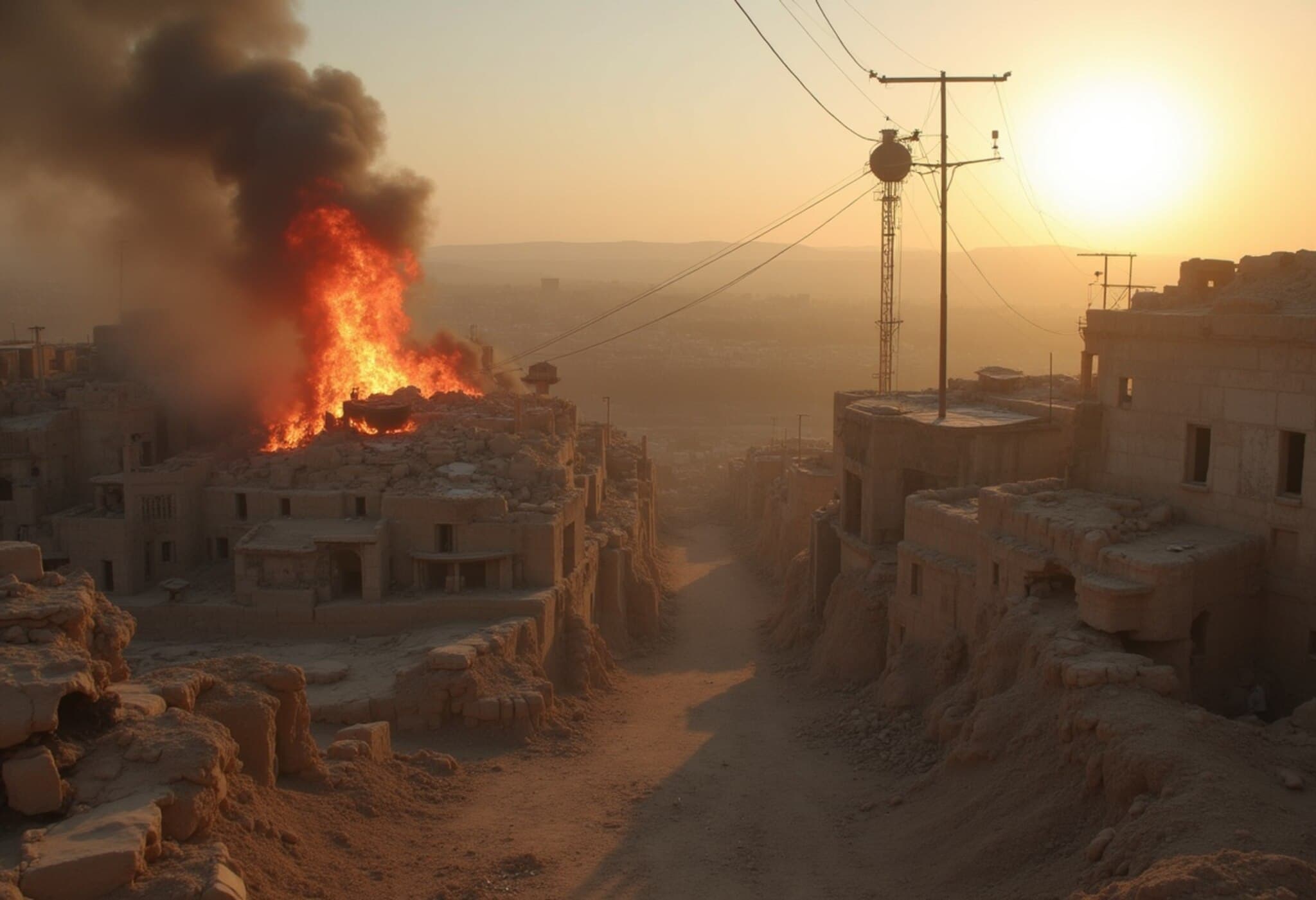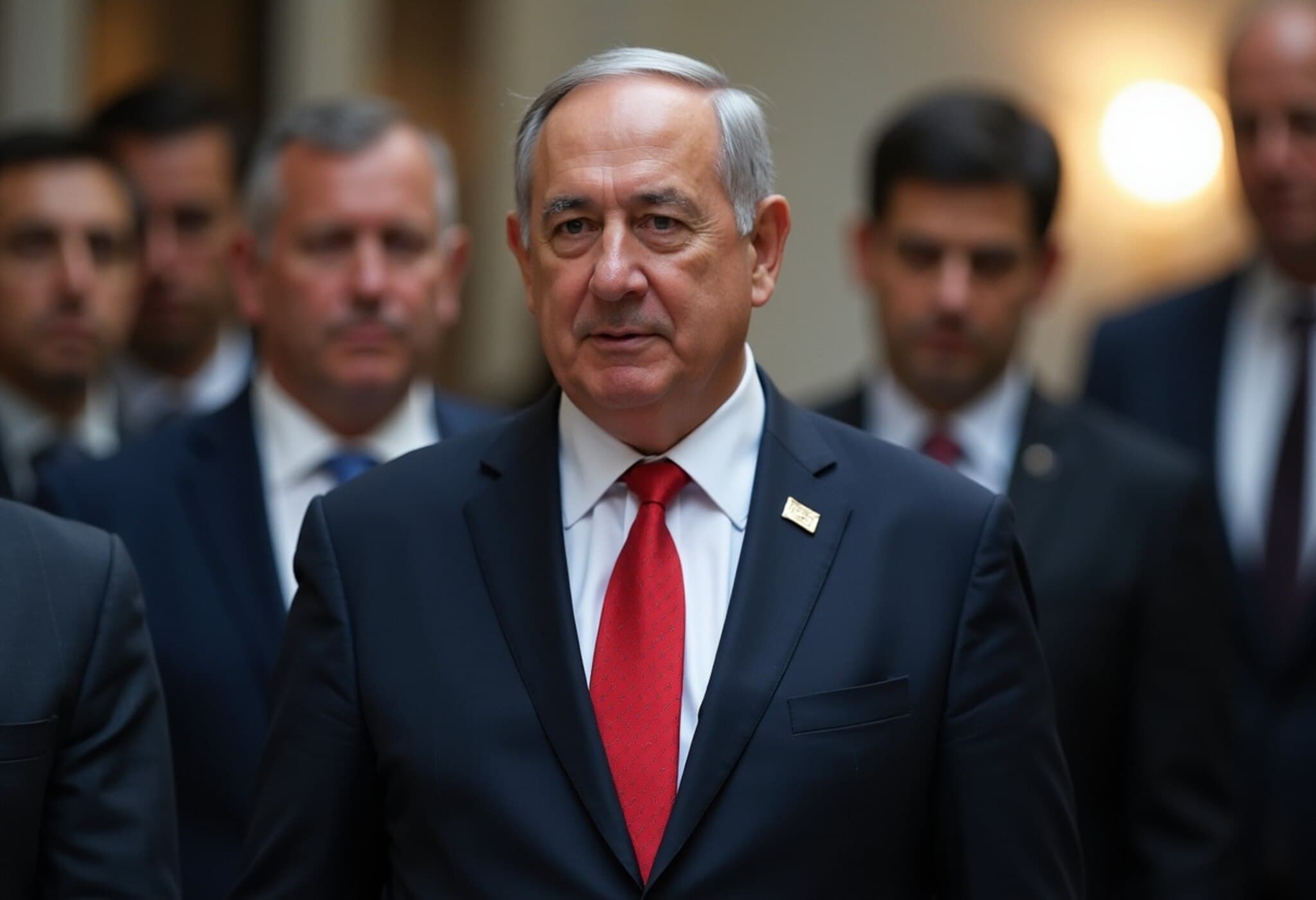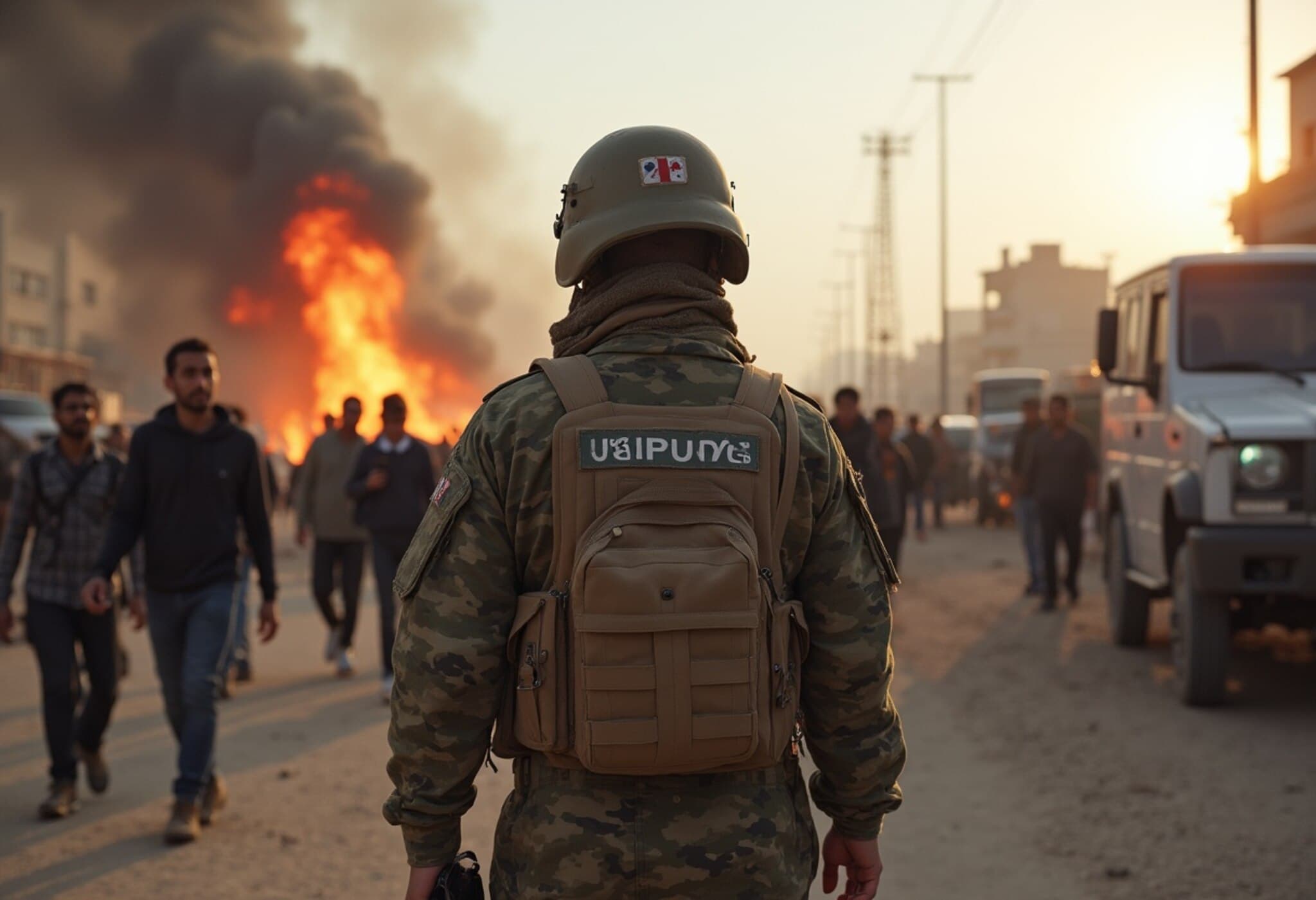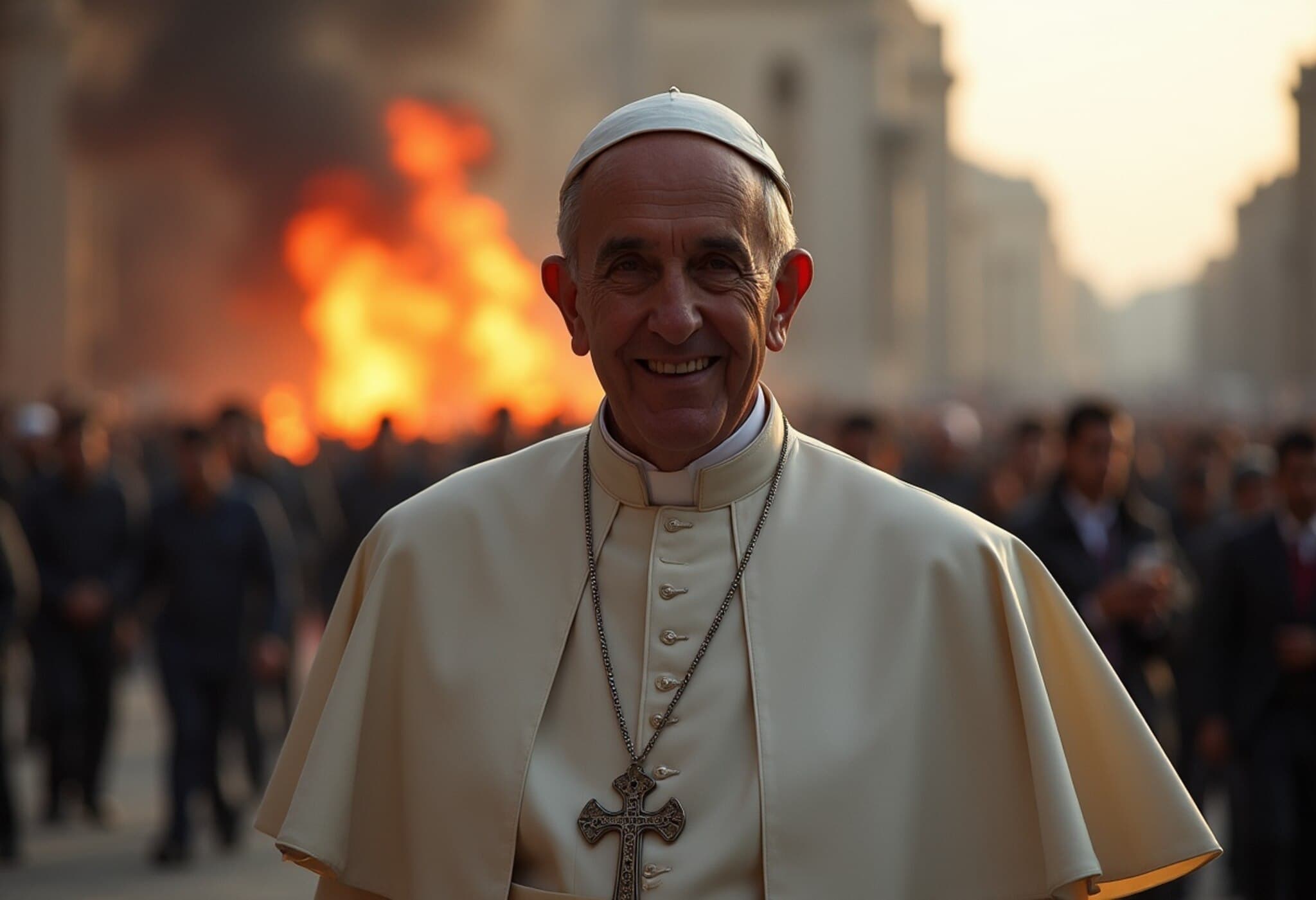US Ambassador Mike Huckabee Denounces Arson Attack on Historic Palestinian Church
In a rare public condemnation from a Trump-era envoy known for his pro-settler stance, the US Ambassador to Israel, Mike Huckabee, called the recent fire that damaged a 5th-century church in the occupied West Bank an "act of terror." The attack occurred on July 8 in the Christian town of Taybeh, where Israeli settlers reportedly set fire near the Church of St. George and an adjacent cemetery.
Setting a New Tone Amid Rising Violence
Huckabee’s visit to Taybeh on July 20 marked a noteworthy break from the usual partisan support for Israeli settlers. His forceful statement underscored a growing concern in Washington over escalating settler violence in the West Bank, which has surged dramatically since Israel’s military campaign in Gaza began in October 2023.
"It is an act of terror, and it is a crime," Huckabee declared. "Those who carry out acts of terror and violence in Taybeh, or anywhere, should be found and prosecuted. Not just reprimanded—that’s not enough." His words highlight the urgent need for accountability, a demand echoed by international human rights groups who accuse the Israeli government of inadequate enforcement against settler aggression.
Context: The Troubled Landscape of the West Bank
The West Bank remains one of the most volatile regions in the Israeli-Palestinian conflict. Occupied since the 1967 war, it is home to numerous Israeli settlements deemed illegal under international law by the United Nations’ International Court of Justice—a position Israel vehemently rejects, citing security concerns and historical claims. Violence between settlers and Palestinians has intensified over recent months, further complicating peace efforts.
This arson attack on a Christian religious site also underscores the often-overlooked plight of Palestinian Christians in this protracted conflict. Attacks on religious institutions escalate tensions and deepen the humanitarian crisis, provoking outrage among local communities and international observers alike.
Diplomatic Shifts and Legal Controversies
Huckabee’s condemnation is particularly significant given his history of close ties with settler leaders and opposition to Palestinian statehood. Just days earlier, he urged Israeli authorities to "aggressively investigate" the killing of a Palestinian American reportedly beaten by settlers—a crime he described as both "criminal and terrorist." This stance diverges sharply from prior Trump administration policies, which had lifted sanctions on settler groups accused of aggression under President Biden’s tenure.
The silence from the Israeli government regarding this specific church attack has been met with skepticism from rights organizations, who fear official passivity encourages impunity. As tensions rise, the question of legal accountability remains critical.
Expert Perspective: What This Means for US-Israel Relations and Regional Stability
For US policymakers, Huckabee’s remarks could indicate a subtle recalibration amid widening concerns over violence’s spiral. While the US has historically supported Israel’s right to security, unchecked settler violence threatens to undermine the prospects for peace and fuel radicalization on all sides.
Legal experts emphasize that prosecuting such attacks is not only a moral imperative but also essential to upholding international law and ensuring long-term stability. Failure to do so risks further alienating Palestinian communities and escalating cycles of retaliation.
Looking Ahead: Questions and Challenges
The road forward remains fraught with complexities. The US faces a delicate balancing act: maintaining strategic ties with Israel while pressing for the protection of Palestinian civilians and religious sites. Moreover, the international community watches closely as settler violence tests the limits of Israeli governance and judicial action.
Ultimately, ambassadorial condemnations like Huckabee’s may signal the dawning of a more principled US approach to the West Bank’s security challenges, but translating rhetoric into tangible change will require sustained diplomatic and legal engagement.
Editor’s Note:
The recent attack on Taybeh’s ancient church illustrates the deepening humanitarian and legal crisis in the West Bank. As settler violence intensifies, questions arise about accountability and the US role in shaping a more equitable future for Israelis and Palestinians alike. Readers are encouraged to consider how law, faith, and politics intersect in this ongoing conflict and the steps necessary to restore peace and justice in the region.

